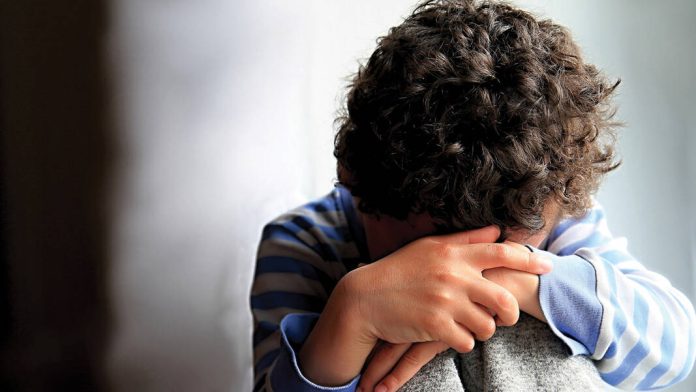|
Only have a minute? Listen instead
Getting your Trinity Audio player ready...
|
Ever been concerned for someone’s welfare due to mental health concerns but just don’t know what you can do to help, or even how to identify cause for concern? Experts at South Texas Health System have provided Rio Grande Valley residents with resources to aid during times of struggle.
In a webinar held May 4, STHS identified these characteristics or behavior identified as potential signs of someone struggling with their mental health:
>> Having problems with work or school;
>> Poor communication with family, friends, co-workers;
>> Worrying about job, money, health;
>> Afraid of seeking support and/or assistance;
>> Phase of life problems;
>> Withdrawing from others;
>> Increased irritability or agitation;
>> Change in personality;
>> Not taking care of themselves;
>> Expressing hopelessness.
According to Bob Cooper, STHS behavioral director of utilization review, many who deal with mental health often also have trouble reaching out to others for help. This can be due to embarrassment for needing help, having had bad experiences when trying to get help in the past, overwhelming feelings or not having the time, or not knowing where to get help.
Over the years, more and more campaigns have been created to combat mental health issues dealing with depression and suicide, both locally and throughout the country. Efforts to raise awareness also focus on general anxiety.
In fact, according to a national health survey the Centers for Disease Control and Prevention conducted in 2021, 11.7% of adults have “regular feelings of worry, nervousness, or anxiety,” and 4.8% experience depression. The National Institute of Mental Health figures 1 in 5 adults live with mental illness in the U.S., affecting tens of millions annually while only half receive treatment.
The CDC also recorded 14.5 suicide-related deaths per 100,000 population between 2018 and 2021, and a total of 48,183 suicide deaths during that time.
Cooper said there is a wealth of services now that focus on helping adolescents including crisis lines (emergency talk and text lines), inpatient hospitals, community-based services, counseling, self-help groups, pastoral counseling and non-clinical support.
“There is hope that maybe if the current generation can continue to seek help, we’ll have less of a problem as they graduate into adulthood,” Cooper said.
The National Suicide Prevention Lifeline is reachable by dialing 988, and is available to the public day and night including a live chat that can be accessed at 988lifeline.org.
The Tropical Texas crisis line is (877) 289-7199, and the crisis text line can be reached at 741741 on web and Whatsapp.
The American Psychiatric Association also provides a support line that can be reached at (888) 409-0141. The support line is available from 7 a.m. to 11 p.m. Monday through Friday.
There will also be a panel discussion on mental health that STHS will be hosting at the Region One Education Service Center — inside the Hidalgo County Room at the northwest entrance, located at 1900 W. Schunior St. in Edinburg — from 10 a.m. to noon Wednesday.
STHS is hosting a panel focusing on how a community can address mental health struggles” with panelists including the health system’s director of counseling and guidance and mental health, Yovann Salinas, M.Ed., LPC-S; as well as Boys & Girls Club of McAllen CEO Dalinda Gonzalez-Alcantar; Brooke Williamson, who’s the co-founder and Mental Monarchs; and EM3 Hope Foundation founder Laura Mendiola Macias.





